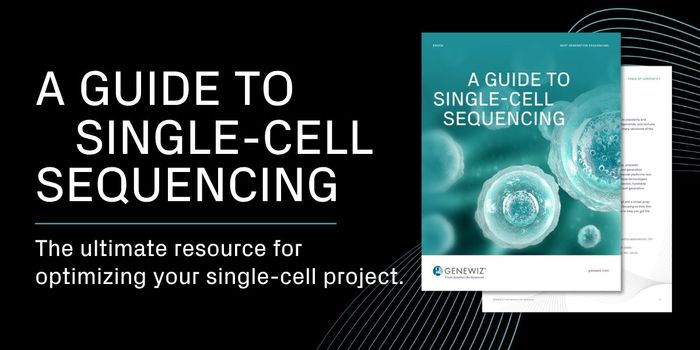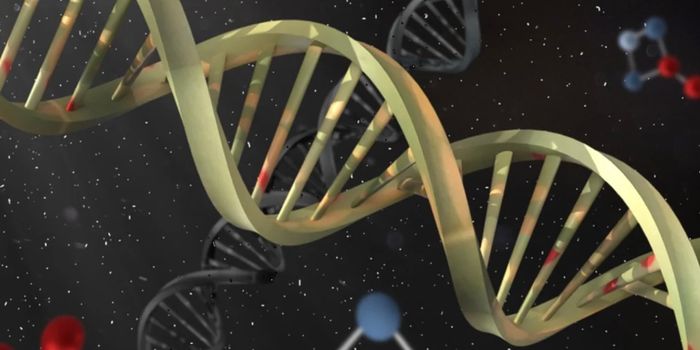Genetic Testing is Often Beneficial, But Can Bring Unwelcome Surprises
You may have seen some of the headlines: "The Christmas Present That Could Tear Your Family Apart," while another reads "After DNA test reveals woman isn't related to her dad, family sues Ohio fertility doctor." For many, DNA testing has been an interesting way to learn a little bit more about biology, genetics, and ourselves. But for some other people, the tests have brought revelations about themselves or their family members to light, often as a shocking and unwelcome surprise. Because of the potential for psychological harm to people who aren't expecting to learn this kind of information, some people have concerns about the practice.
Traditionally, most adoptions have been conducted with some secrecy. In the United States, adoption records were once sealed and they still are in some countries. Sperm and egg donors sometimes have the option of remaining anonymous when dealing with fertility clinics, though that practice is also becoming less common. Commercial, at-home DNA testing kits have helped many people who might be in a situation where they are seeking to answer specific questions about their family history. But not everyone is expecting to learn something new, like that their father is a stranger.
Researchers have begun to examine some of the ethical considerations and mental trauma that can be associated with surprising genetic test results, and how common it is for consumers.
A new study reported in the American Journal of Human Genetics has taken a very preliminary look at this issue, and sought to survey people who had used direct to consumer genetic tests. About 23,000 people completed the survey. The results showed that many people who purchase DNA kits are simply trying to build their family tree. The researchers also wanted to know how many people were surprised by the results they'd received.
Though many were just curious about their family history, "it's clear that quite a lot of participants are looking for someone or hoping to confirm something in particular," said lead study author Christi Guerrini of the Center for Medical Ethics and Health Policy at Baylor College of Medicine.
They might be searching for their biological parents if they're adopted, or they may simply have a feeling of being "out of place in their family and want to see if there's something to that feeling." In other cases, they might be trying to learn more about a mysterious branch of their family, or check up on a story that's been passed down, added Guerrini.
While the vast majority of people (86 percent) identified a new relative, in many cases, those were distant relations and the new information had little impact on the person's life. However, within that group were others who found closer relatives; ten percent found a biological grandparent, ten percent found a full- or half-sibling, and seven percent identified their biological father.
The study authors said most people had an enjoyable experience, and few had regrets about the test. But it was clear others got information that had disrupted their lives. The highest rate of regret was seen among people who had learned that they were conceived through a donor, and their biological father was not who they thought.
While I was hoping for a bit more detail from this study, I personally think it's good that geneticists are examining these questions. More work in this area may lead to tools that can help people deal with family crisis that can arise from genealogy testing.
Sources: Cell Press, American Journal of Human Genetics









